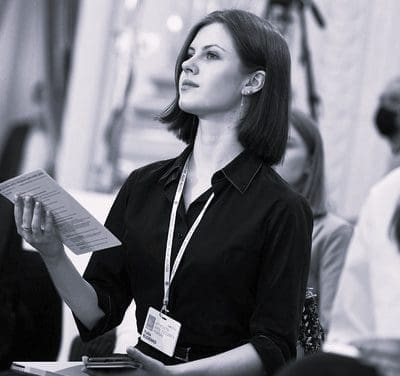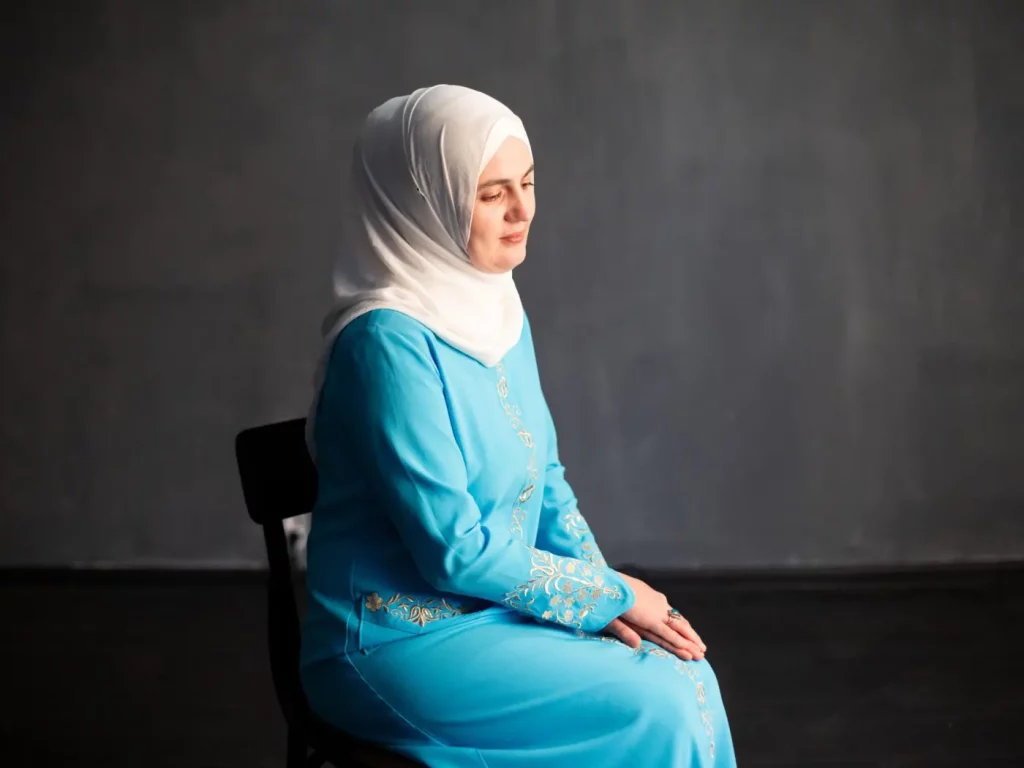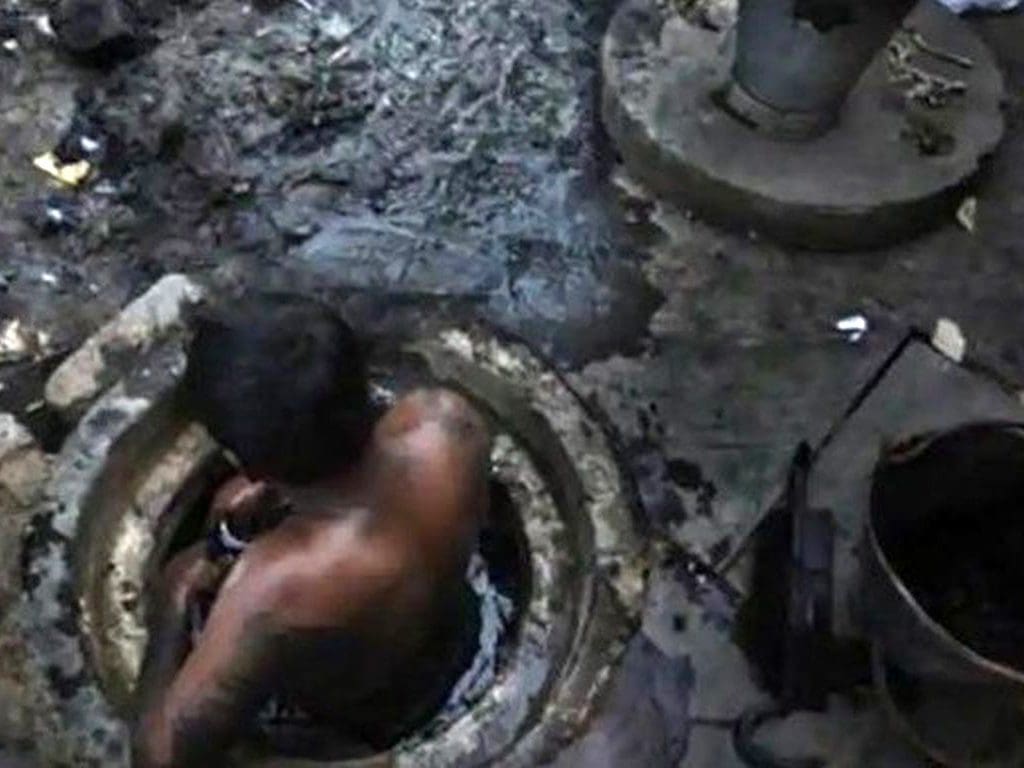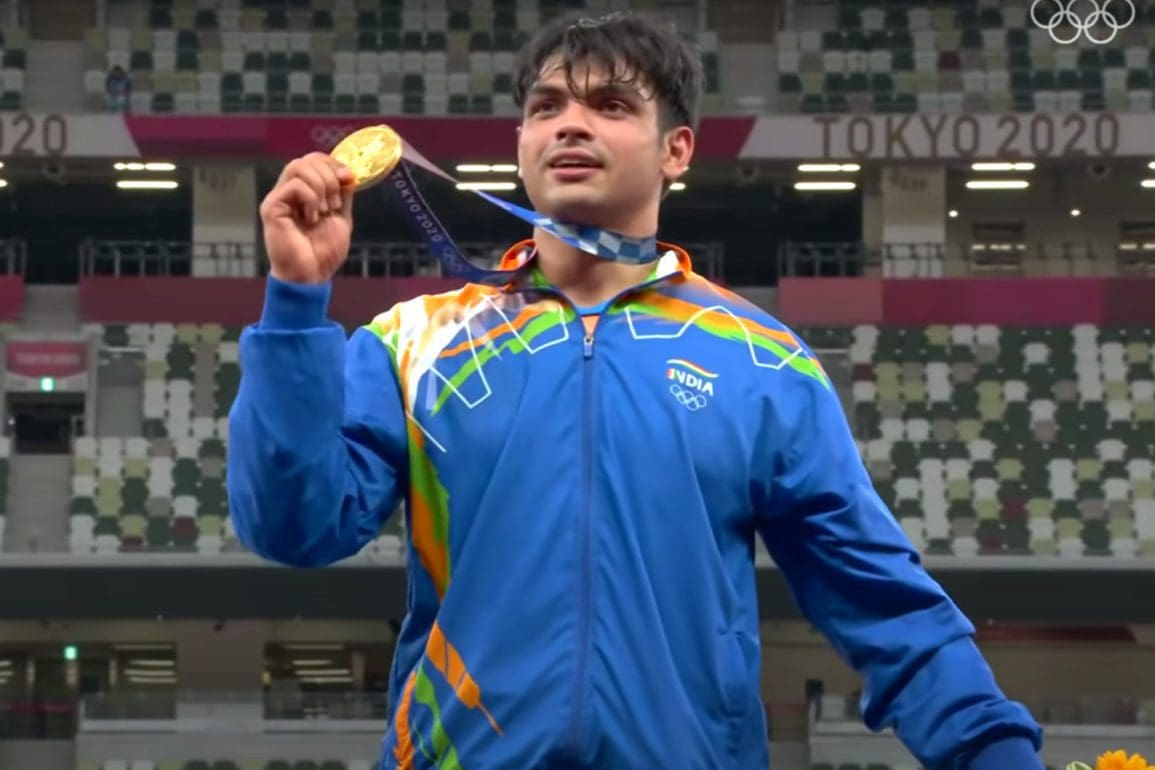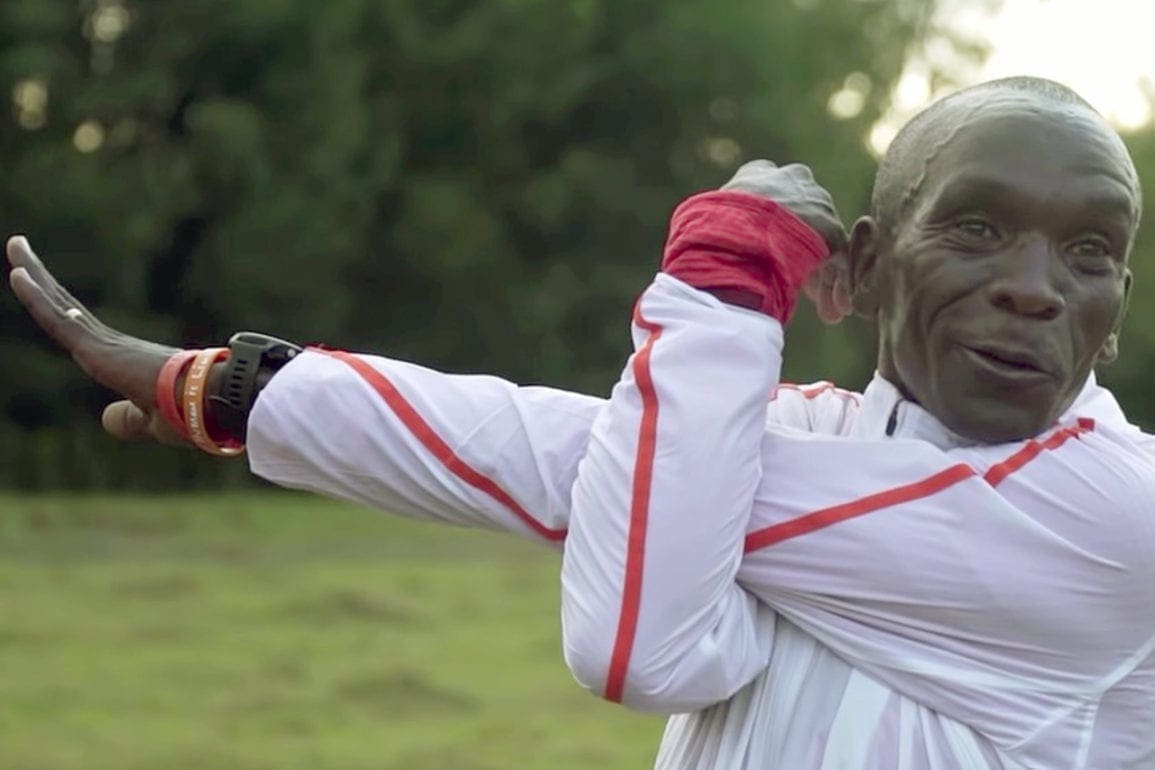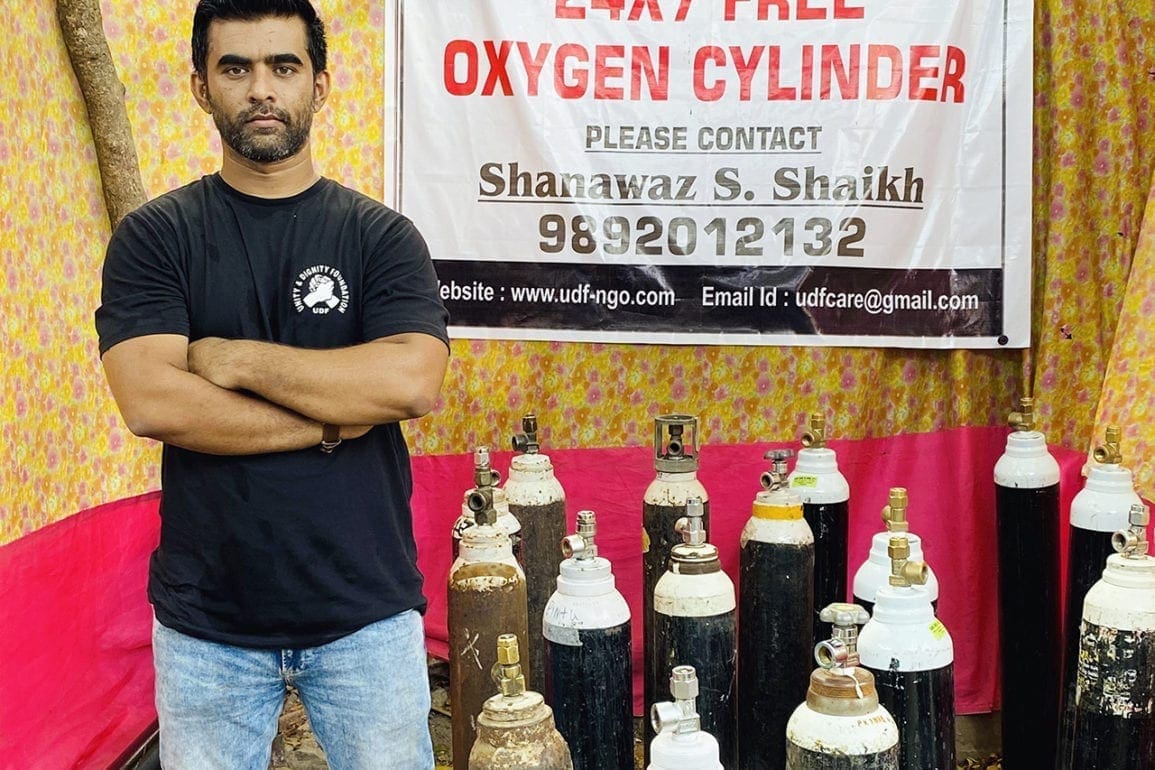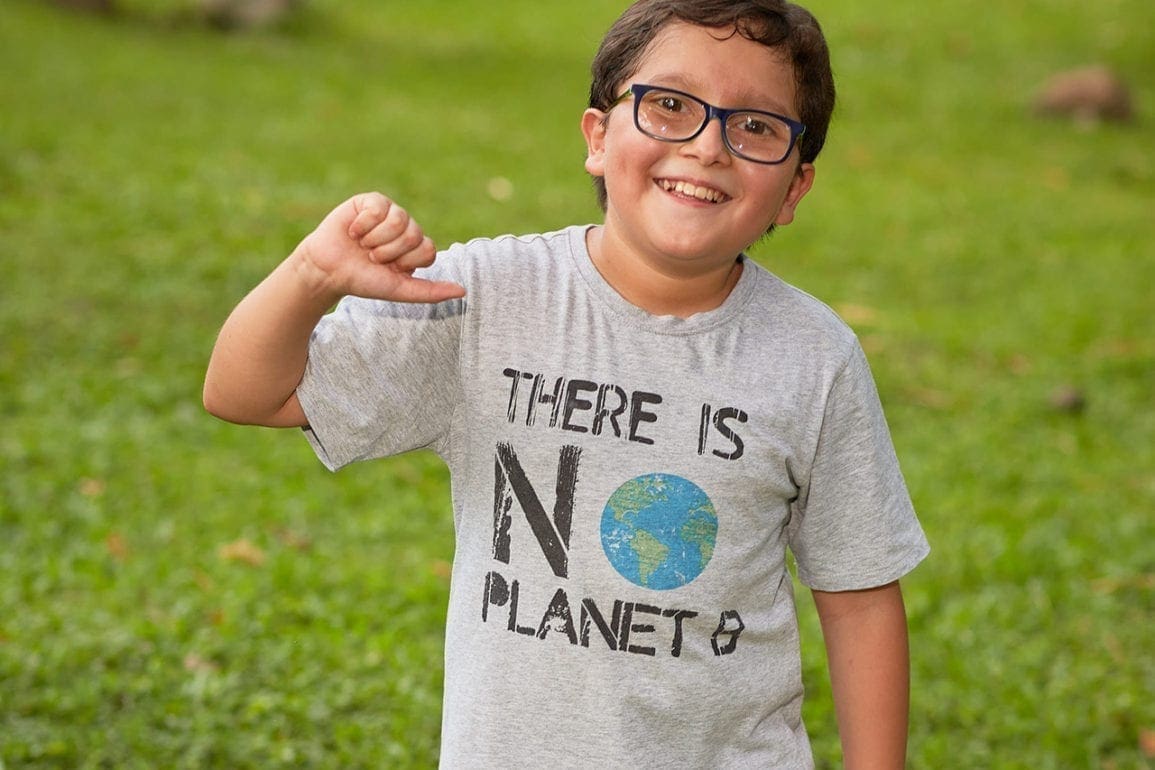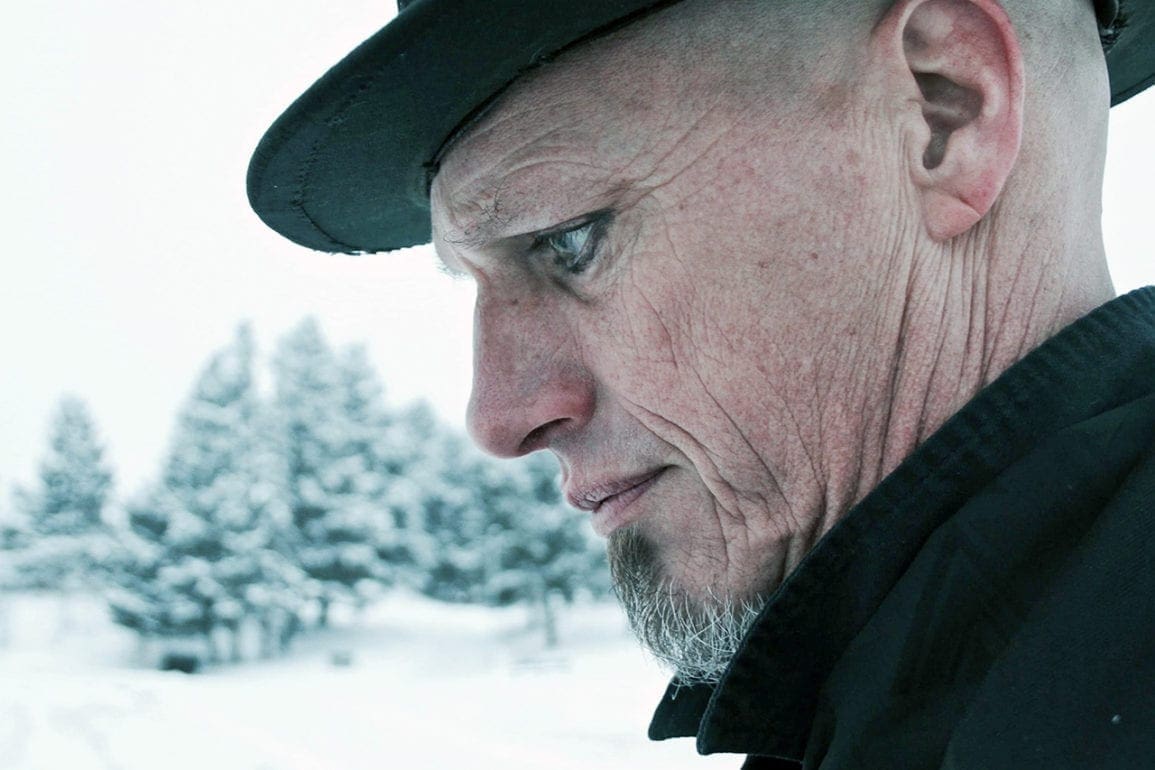Crimean Tatar activist, wife of political prisoner helps families left behind by Russian arrests
The dozen or so FSB officers showed no mercy; they shoved my husband to the ground so that he bruised his forehead. Our girl cried out “Daddy, daddy!” when she saw the masked, armed men holding her father.
- 2 years ago
January 29, 2022
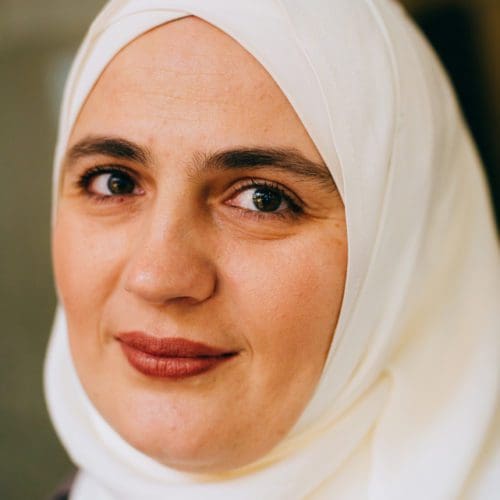
BAKHCHYSARAI, Crimea, Ukraine — The year 2014 divided my life into “before” and “after.” It became the starting point of my story.
That year, my home saw tanks and heavy equipment roll in. We were occupied by Russian “little green men” wearing unmarked army uniforms.
Ever since, Crimea has smelled like the pungent, stinging peppermint of the tranquillizer Corvalol. Many older people self-medicated to calm their anxiety, eventually ending up hospitalized; it was as if they realized that Crimean Tatars, ethnic Muslims, and indigenous people of Crimea were once again going to face the system that deported them to the far east of the USSR in 1944.
And they were right: since 2014, Russian occupation authorities have carried out repressions on an estimated 127 Crimeans. This time, not by deportation but by imprisoning them for their religion, ethnicity, or pro-Ukrainian views.
This machine has not spared my family. On Oct. 11, 2017, the Russian Federal Security Service (FSB) took away my husband—a Muslim, a Crimean Tatar, and an activist of peaceful resistance to the occupation movement—labelling him as a terrorist in a highly flawed trial, as the Clooney Foundation For Justice’s “TrialWatch” concluded.
That day did not flip my life upside down, but it added a new direction to my work in support of the Kremlin’s Crimean Tatar political prisoners and their families.
First shot across the bows
Between 5 and 6 a.m. on Jan. 26, 2017, I heard a loud knocking on the door. It was followed by threats to break down the door if no one opened. Ten Russian security officers with masks and guns broke in and started turning our home upside down.
They said they were looking for weapons. My husband is not a terrorist; he committed no crime and possessed no weapons. The officers searched in my husband’s religious literature, my economics papers, and our kids’ school bags and found nothing.
When I walked outside, I saw police vehicles surrounding our yard. They stood there to prevent hundreds of Crimean Tatars who heard that FSB came to our home, from helping us. They knew that passionarism (an ethnic group’s proactive, vigorous defense of its own community) is in the blood of Crimean Tatars. To offer help is an inalienable part of our mentality, our culture.
That same day, the Russian court heard the fabricated case against my husband. They accused Seiran of publishing a song of Timur Mutsurayev (the Chechen artist who took part in the Chechen conflict on the side of the Chechen National Army against Russia) on his social media. Notably, he did so in 2013, before the Russian occupation. Moreover, sentencing a person under occupant’s law violates the Geneva Conventions.
Nevertheless, the court subjected Seiran to a 12-day arrest. This was the first time Russia used legal tools to stifle the Crimean Tatar resistance movement. Before, they would impose fines, beat activists, or knock cameras out their hands.
When the long 12 days of arrest passed, more than 200 compatriots came to the court building to meet Seiran with balloons and traditional Crimean coffee and rice. My husband celebrated the release with a dance in the yard for our friends, relatives, and neighbors. At night, when we were alone, Seiran asked, “What will happen next? Are you ready for the worst?” We both were.
Second visit from the Russian FSB
The worst arrived in the early autumn morning of Oct. 11, 2017.
I heard a familiar, violent banging on the door. At that time, my husband and our middle daughter, who is a copy of her father, were just finishing morning prayer. I was putting on a shawl in the bedroom. I walked out and saw my daughter in tears and Seiran on the floor with handcuffs.
The dozen or so FSB officers showed no mercy; they shove my husband to the ground so that he bruised his forehead. Our girl cried out, “daddy, daddy,” when she saw the masked, armed men holding her father.
These men did not read charges or my husband’s rights. They violently broke into our home and spread out in all the rooms in search of clues or evidence. But they found nothing.
When the door closed behind Seiran’s back, I was too weak to cry. Even if I could have, I knew that our four kids needed a strong mother.
The days that followed largely resembled one another: bringing care packages to jail and collecting documents for advocacy of the rights of Crimean Tatar political prisoners on the international platforms of the United Nations, Organization for Security and Co-operation in Europe, and Parliamentary Assembly of the Council of Europe.
A beloved husband sentenced to prison
Though the FSB found no explosives or firearms, the court accused Seiran of terrorism. What they did have was a recording secretly made by FSB-recruited persons; to have at least some “incriminating” evidence. Someone recorded the conversation of Seiran and other Crimean Tatars in a mosque. The court interpreted Friday’s prayer of “oh Almighty, help the Muslims of the whole world” as a conspiracy.
Some 78 hearings and three years later, on Sept. 16, 2020, the court sentenced Seiran to 16 years of strict corrective colony (prison combined with a forced labor component).
To be able to cover the verdict in my husband’s trial, I pursued a degree in international journalism and obtained a press card. That allowed me to attend the hearing and approach my love at three feet: something only journalists, not ordinary attendees, can do. Seiran looked at me as the judgement was announced, and I mentally said goodbye.
That is how my husband became one of dozens of Crimean Tatar political prisoners. That is how the system punishes dissent, demonizes activists, and intimidates the population.
After Seiran’s arrest, for the first time ever, I saw his mother—a Crimean Tatar woman who paved the long way home after Stalin’s 1944 deportation of her people—cry.
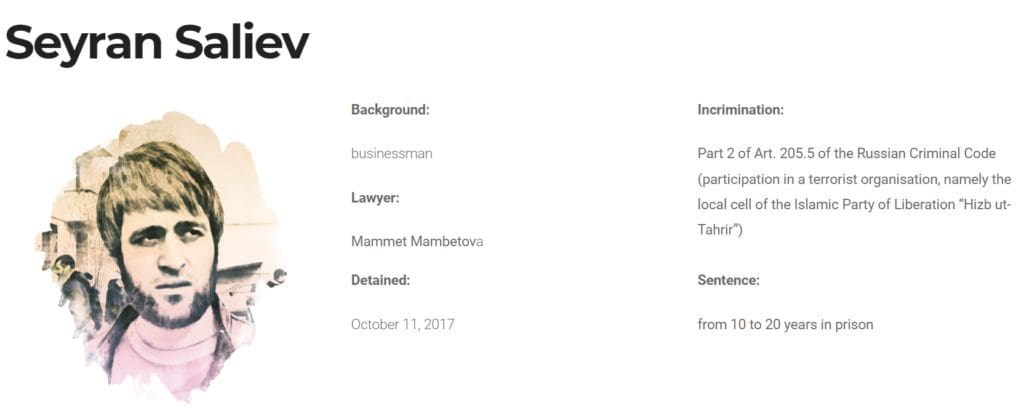
Life before the arrest
Seiran and I have always done community service in addition to our own work. In late 2013, Seiran also worked as a tutor, taught reading of the Quran and the Turkish language, and guided tours for tourists in Crimea.
This was not about money for him. On the contrary, Seiran appreciated that he could tell other nations about the culture and history of Crimean Tatars, ethnic Muslims and indigenous people of the Crimean Peninsula.
He was compassionate at home, too. At nights, when I studied for my doctorate in economics, he sang songs to our young children. We had no idea that just in a couple of months, we would take on a new sphere of activism: supporting our compatriots who ended up behind bars with no crime.
With the first abductions and arrests of those who resisted occupation, Seiran would visit families who lost the men of their households, attend court hearings and document procedures on Facebook.
When independent and pro-Ukrainian media were expelled from Crimea in 2015, an information vacuum emerged. There was no one to tell about armed raids, groundless arrests, and abductions. So Seiran and I became some of the first Crimean citizen journalists.
When our home city Bakhchysarai faced the first wave of mass searches and arrests on May 12, 2016, my husband informed the locales over the loudspeaker that several prominent citizens had been detained, listing them by name.
The FSB did not let that action stand. Seiran was held liable for activism for the first time, landing a fine of 20,000 Russian rubles ($257) for the alleged organization of an unsanctioned meeting. That was the moment I realized our activism would eventually get caught in the crosshairs of the FSB.
Turning pain into help for prisoners and their families
Repressions affect not only men but also their wives, parents, and most of all, children.
Our kids were not prepared that their dad would be taken away, but our son stepped up. Now, he helps babysit his three little sisters and do housework.
Crimean Tatars traditionally have big families. These arrests have left 197 children without fathers. More than 50 of them have severe diagnoses. Twelve children were born after their dads’ arrests and have seen them only through the prison glass or on the pictures.
When visiting prisoners’ families, I realized they very much needed psychologists. That is how the idea to structure psychological help for families was born. A few months after Seiran was arrested, I founded the Crimean Childhood project, which gathers volunteers who work to support children of political prisoners. It is one way I can help those left behind.
“At Orato World Media we stand in solidarity with our correspondent in Ukraine and all the Ukrainian people as they face this unprovoked attack from Russia.”
